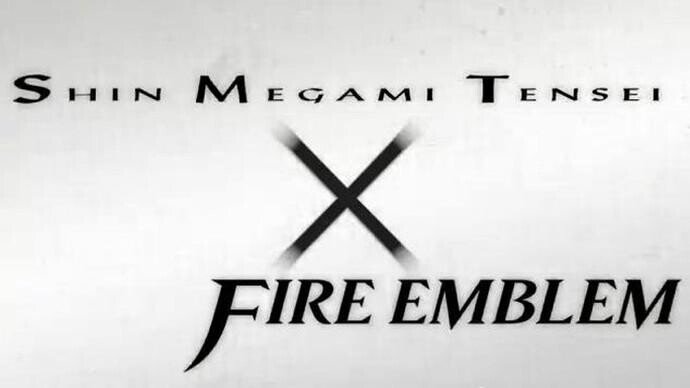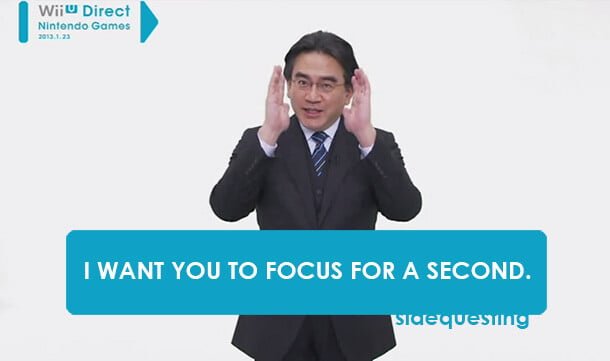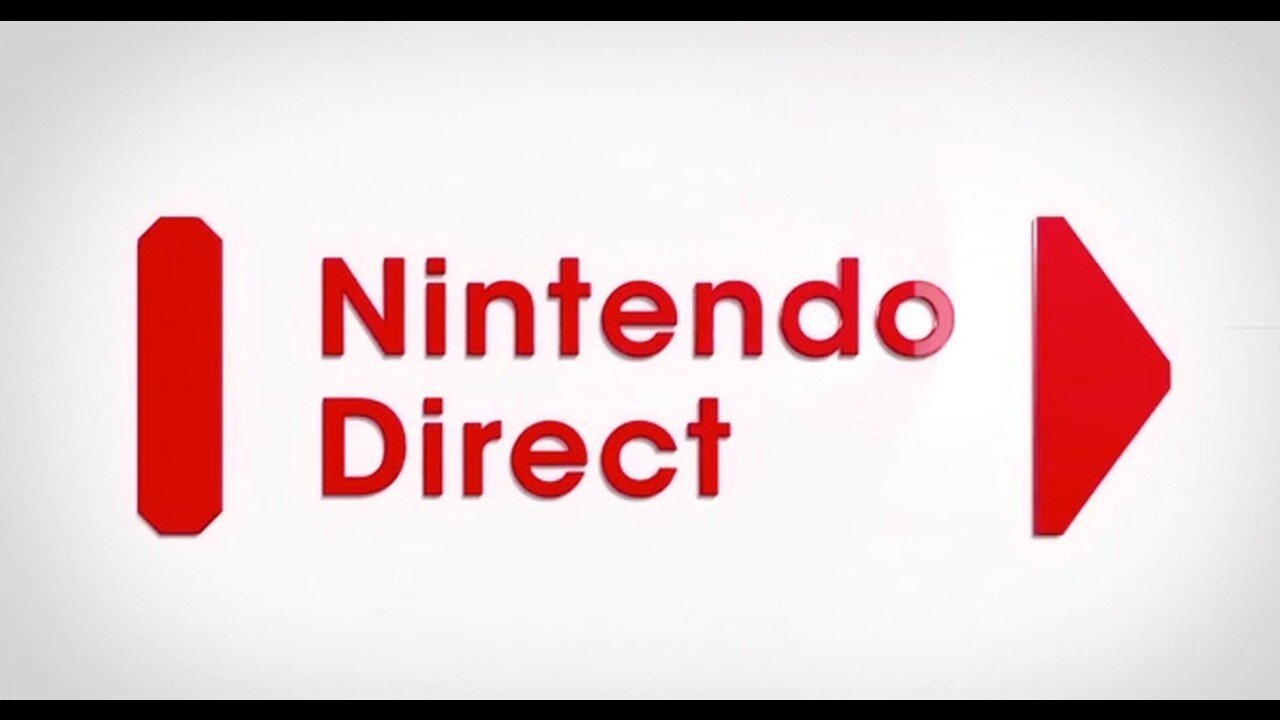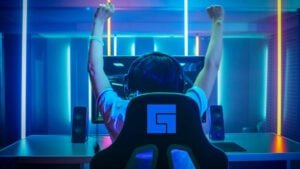Last week’s Nintendo Direct was a big deal.
It was a bold move by a company that doesn’t always make bold moves and has pumped a lot of people up about the Wii U again. The online event announced a huge number of upcoming games and, understandably, whetted the appetite of those who own the console and are perhaps tired of playing Zombi U and that updated New Super Mario Bros. It has also (according to Internet comments at least) accomplished its goal and encouraged many to consider picking up a Wii U.
Still, maybe we shouldn’t be getting too excited over the news.
 Nintendo Direct promised the release of the kind of games that, assumedly, the people who own a Wii U want to play. These include titles that range from a gussied-up version of The Legend of Zelda: The Wind Waker and a Kirby’s Epic Yarn sequel (with Yoshi filling in for the little pink bubble) to another Mario Kart, a new Mario, a new Zelda and the launch of emulated Nintendo classics through the Wii U’s Virtual Console. Aside from something by the Xenoblade team and a mysterious Fire Emblem/Shin Megami Tensei crossover the announcement was filled to the brim with frighteningly uninspired franchise sequels.
Nintendo Direct promised the release of the kind of games that, assumedly, the people who own a Wii U want to play. These include titles that range from a gussied-up version of The Legend of Zelda: The Wind Waker and a Kirby’s Epic Yarn sequel (with Yoshi filling in for the little pink bubble) to another Mario Kart, a new Mario, a new Zelda and the launch of emulated Nintendo classics through the Wii U’s Virtual Console. Aside from something by the Xenoblade team and a mysterious Fire Emblem/Shin Megami Tensei crossover the announcement was filled to the brim with frighteningly uninspired franchise sequels.
The Wii U could be crucial toward Nintendo’s future as a business and, innovative gamepads aside, the company seems to be relying on old strategies in the hope that drawing from the well of past successes will continue to yield dividends.I keep hoping (very likely in vain) for Nintendo to try something different — to shock their devoted fans by debuting new intellectual properties that add to the pantheon of beloved characters rather than revisit the same mascots and ideas again and again. At this point, though, it doesn’t seem like this will ever happen. Nintendo’s first party development teams (or the producers dictating the projects they work on) have been creatively bankrupt for a good long while, relying more on nostalgia than innovation in their work. With the latest batch of game announcements this has become more apparent than ever before.
We should also remember Nintendo’s previous console, the Wii. After a system launch that saw very few notable game releases (aside from the excellent Wii Sports pack-in) Nintendo generated excitement with the promise of new Mario, Zelda and Metroid games. After these games arrived, though, almost all support for the Wii dried up. Third-party developers seemed disinterested in designing games for an underpowered system with an obtuse control scheme and Nintendo itself failed to properly support their console after enjoying the financial success of the Wii’s launch. Ultimately, even the biggest Nintendo fans were let down by a system that, regardless of how fun its motion control could be when properly used, really had nothing worth playing on it.

I keep hoping (very likely in vain) for Nintendo to attempt something different.The latest Nintendo Direct looks to continue the trend established by the company in the last console generation. Announcing yet another Zelda game isn’t going to convince wavering Nintendo fans to purchase a Wii U when new PlayStations and Xboxes are on the horizon, and rolling out a wave of reiterative titles can’t keep a system afloat throughout its entire lifespan. It’s strongly possible that this fall will see the release of Sony and Microsoft’s beefier consoles and, with them, a new benchmark for third party developers. Like the Wii, the Wii U may not be able to keep up with its competitors when this happens (unless the “next gen” provides a smaller tech advancement than it has in the past). If this is the case, the Wii U will be unable to run the same games that come to both the PlayStation and Xbox, stopping it from benefitting from the kind of cross-system parity required for a healthy release schedule. As in the past, it will be entirely up to Nintendo’s in-house development studios to keep the system alive. Without fresh intellectual properties, it doesn’t seem likely that simply reviving a handful of old franchises will be enough to accomplish this.
The Wii U could be crucial toward Nintendo’s future as a business and, innovative gamepads aside, the company seems to be relying on old strategies in the hope that drawing from the well of past successes will continue to yield dividends. I’m starting to get worried that this may not be the case going forward.




